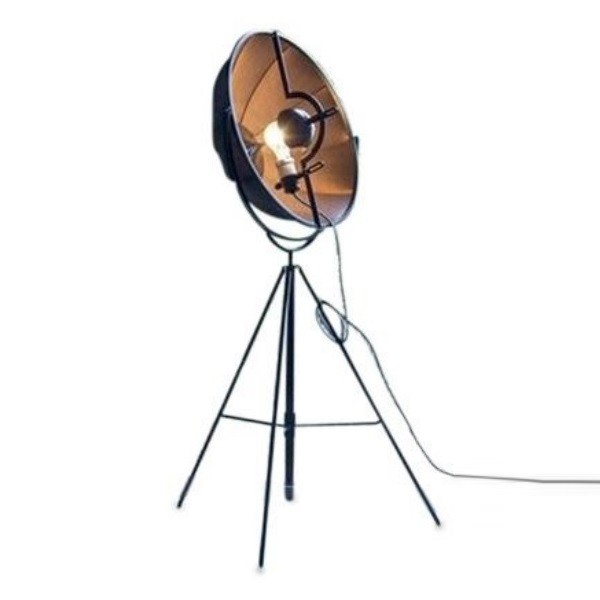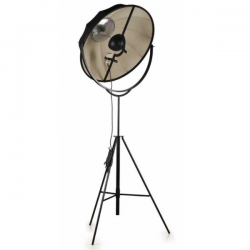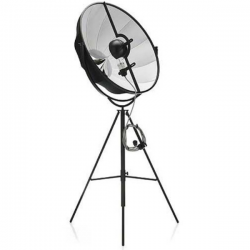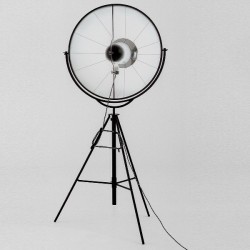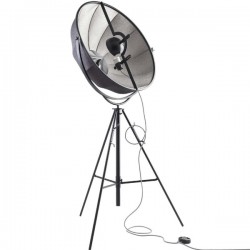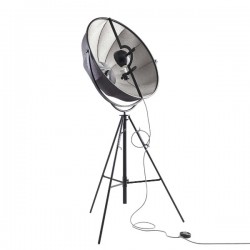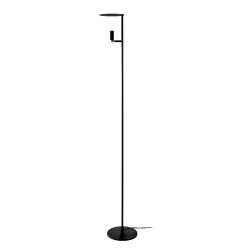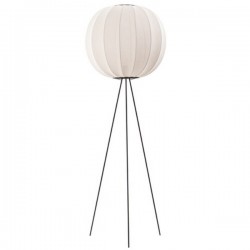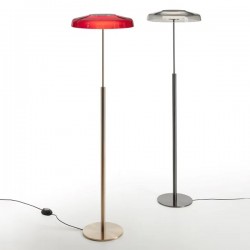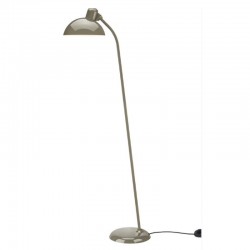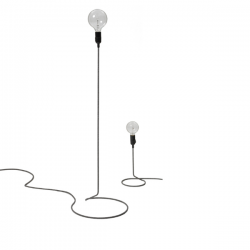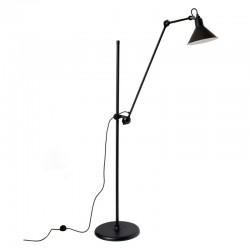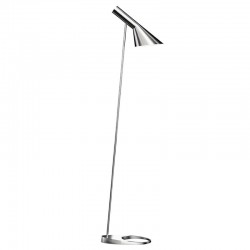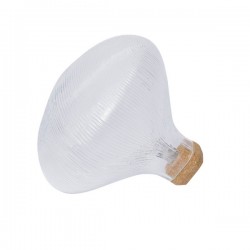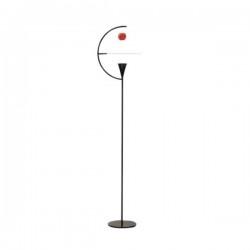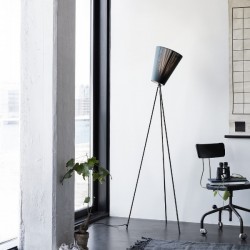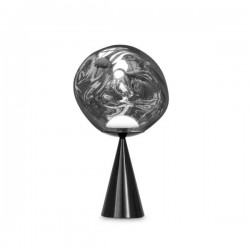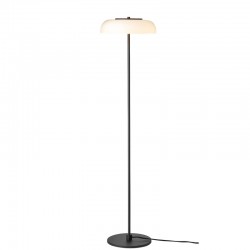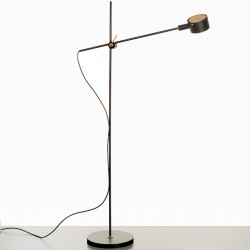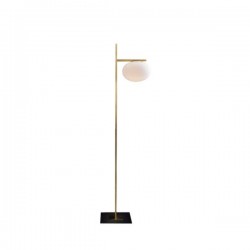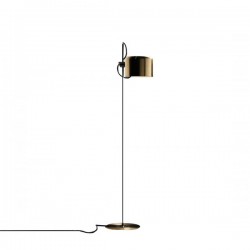Pallucco Fortuny Pétite Rubelli Led Version
Designer:
Mariano Fortuny
€3,146.00
availability if not in stock 3 to 4 weeks.
In 2013 Pallucco is presented the new LED version of that eternal icon of contemporary design, the Fortuny lamp.
The new version joins the conventional model with its incandescent bulb to bring the Fortuny lamps into line with current world energy-saving trends.
Both the classic (large) and the Pétite lamps are fitted with dimmable bulbs high power LED 48W (warm light 3000° K, duration 50.000 h) and 32W (warm light 3000° K, duration 50.000 h) and are equipped with dimmer on the wire.
The finishes of the stand and the fabrics remain those listed in the catalogue.
- Specifications
Steel, cotton
1 power LED 39W 3000K 6354lm Dimmer
- Size Description
Height: 168/210cm
Diameter: 65cm
Diameter Diffuser: 73cm
-
Mariano Fortuny
In 1871, Mariano Fortuny y Madrazo was born in Granada, Spain. His early childhood was divided between Rome, where his father had a studio and Capricio near Naples. After his father's death in 1874, his family left for Paris to join their uncle. His father and grandfather were both celebrated artists. Mariano inherited artistic skills and also worked in printing, drawing and chemistry. His mother was a Spanish beauty whose wealth had endowed the famous Prado Museum in Madrid, Spain. Mariano studied painting until the age of 18, and was then introduced to Parisian society. After a while, his mother moved the family to Venice. He bought a palazzo and turned it into an enormous studio. Mariano produced both easel paintings and frescoes, was a print-maker and sculptor. In 1897, he was awarded the gold medal at the Munich International Festival of Art for his painting The Flower Girls. He exhibited his paintings every year at the Venice Biennale until his death.
こちらの商品もお好みかもしれません
価格
€2,519.00
Pallucco Fortuny Floor Lamp
価格
€3,214.88
Pallucco Fortuny Led Version
価格
€3,500.00
Pallucco Fortuny Rubelli Floor Lamp
価格
€3,790.00
Pallucco Fortuny Petite Rubelli Floor Lamp
価格
€2,959.00
Related products
Pallucco Fortuny Petite Rubelli Floor Lamp
価格
€2,959.00
Carpyen Kelly Floor Lamp
価格
€495.79
Made by Hand Knit Wit 60 Floor High Lamp
価格
€646.28
Oluce Dora 371 Floor Lamp
価格
€1,700.00
Fritz Hansen Kaiser Idell Floor Lamp
価格
€809.09
Design House Stockholm Cord Lamp
価格
€303.20
DCW Editions Lampe Gras 215 Floor Lamp
価格
€724.79
Louis Poulsen AJ Floor Lamp Stainless Steel
価格
€1,132.23
Petite Friture Tidelight Table/Floor Lamp
価格
€249.95
Nemo Newton Floor Lamp
価格
€1,750.00
Northern Oslo Wood Floor Lamp
価格
€466.00
Tom Dixon Melt Cone Fat Led Table Lamp
価格
€862.81
Nuura Blossi Floor Ø29 Lamp
価格
€726.45
Oluce G.O - 352 Floor Lamp
価格
€900.00
Oluce Alba Floor Lamp 382
価格
€985.00
Oluce Coupe 3321 Floor Lamp Gold (Limited Edition)
価格
€1,680.00


 EUR
EUR


